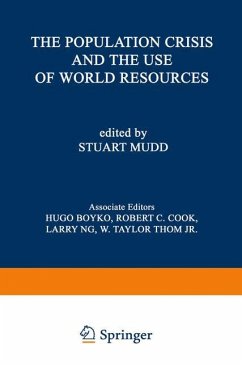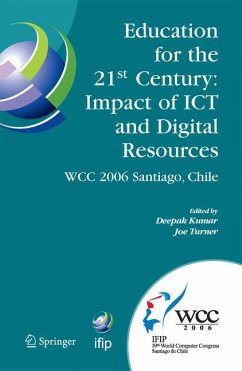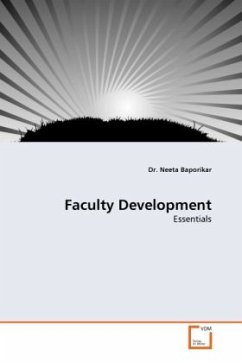
THE CULTURE OF CHANGE IN HUMAN RESOURCES
A STUDY OF THE TRANSFORMATIONS AT THE SOUTH DAKOTA BOARD OF REGENTS
Versandkostenfrei!
Versandfertig in 6-10 Tagen
32,99 €
inkl. MwSt.

PAYBACK Punkte
16 °P sammeln!
The human resources profession continues to evolve. Due to this evolutionary process, human resources no longer can operate as purely transactional for its value to be observed as effective or efficient in the organization. This qualitative study examined the culture of the human resources department transition from transactional to transformational. Particularly, the research is focused on whether or not the use of technology and implementation of a new human resources information system will be or is, that catalyst for change. This research articulates the history of the human resources prof...
The human resources profession continues to evolve.
Due to this evolutionary process, human resources no
longer can operate as purely transactional for its
value to be observed as effective or efficient in
the organization. This qualitative study examined
the culture of the human resources department
transition from transactional to transformational.
Particularly, the research is focused on whether or
not the use of technology and implementation of a
new human resources information system will be or
is, that catalyst for change. This research
articulates the history of the human resources
profession and identifies some of the key thought
leaders in human resources. Technology has placed
pressure on organizations in many ways as such
globalization becomes tantamount for the
organization to compete. In addition, the
implementation of any culture change drives
accountability within the organization and the
political frameworks within the organization. All of
these dynamics lead to an exploration for effective
human resources development.
Due to this evolutionary process, human resources no
longer can operate as purely transactional for its
value to be observed as effective or efficient in
the organization. This qualitative study examined
the culture of the human resources department
transition from transactional to transformational.
Particularly, the research is focused on whether or
not the use of technology and implementation of a
new human resources information system will be or
is, that catalyst for change. This research
articulates the history of the human resources
profession and identifies some of the key thought
leaders in human resources. Technology has placed
pressure on organizations in many ways as such
globalization becomes tantamount for the
organization to compete. In addition, the
implementation of any culture change drives
accountability within the organization and the
political frameworks within the organization. All of
these dynamics lead to an exploration for effective
human resources development.












